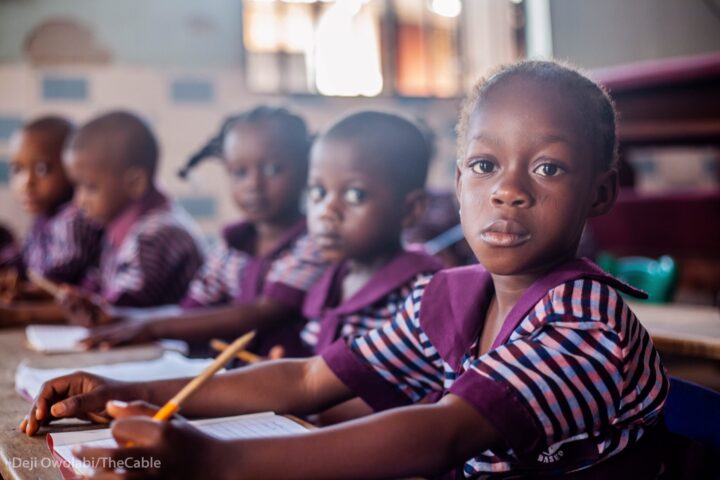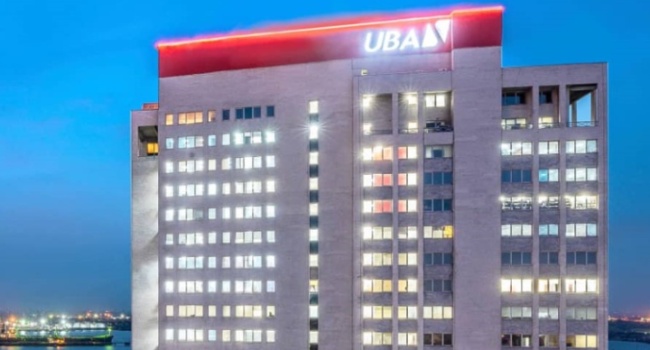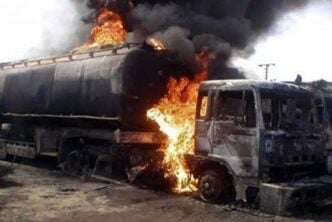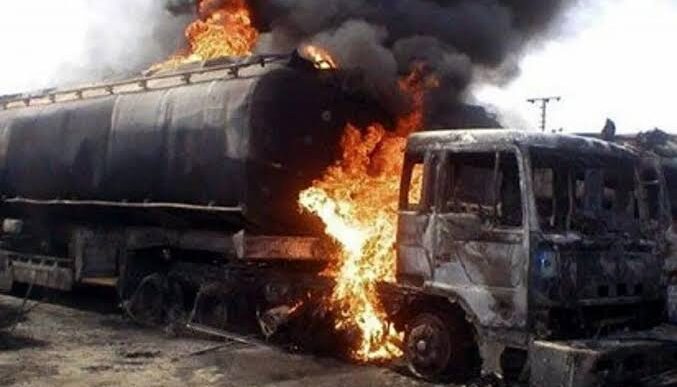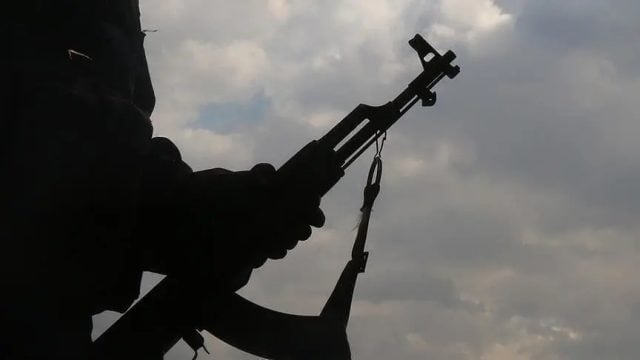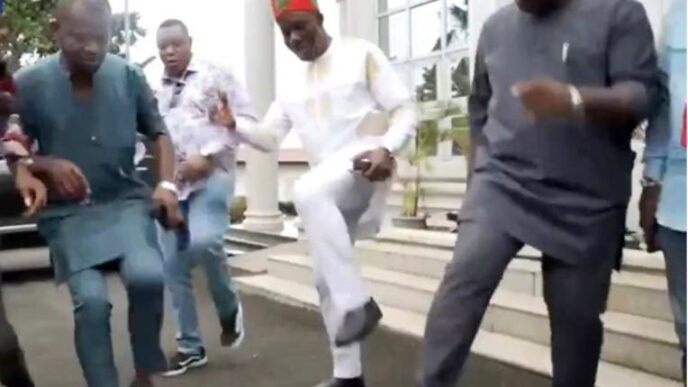Education stakeholders have called for urgent policy intervention to reduce operational costs for private schools.
Yomi Otubela, president of the National Association of Proprietors of Private Schools (NAPPS), spoke on the inflation pressures weighing down on private schools.
In an interview with NAN on Sunday, he said urgent policies would help subsidise access to teaching resources and lower taxes on educational materials.
Otubela said the policies would provide concessionary interest rates on loans for members.
Advertisement
The NAPPS president called for partnerships to improve access to technology.
“We believe that considerable support grants from governments to private schools will place more private schools in good stead to reduce the over 18 million out-of-school children in Nigeria,” he added.
Otubela noted that many schools under the association are exploring flexible payment plans and working closely with parents to ensure that no child is left behind due to financial difficulties.
Advertisement
He said NAPPS is working to maintain the balance between delivering quality education and being sensitive to current economic realities.
“We hope the government will increase funding for teacher training programmes and offer financial incentives for schools to improve infrastructure,” Otubela said.
“This partnership will not only ease the burden on private schools but also ensure that Nigerian students, regardless of their background, receive a world-class education.”
Segun Olayode, one of the parents who is a medical scientist, said he had to work harder to pay the extra money added to his children’s school fees.
Advertisement
Another parent, Tolani Odofin, who is a civil servant, said she can no longer afford the increased fees and would have to enrol her children in another school.
“The school authority sent us notice during the holiday attributing the reason to the state of the economy,” she said.
“My husband and I have resolved to enrol them in another school because we cannot afford the new fee. From N65,500 each to N95,500, even though prices of stationaries have gone up,” she said.
Advertisement
Add a comment
